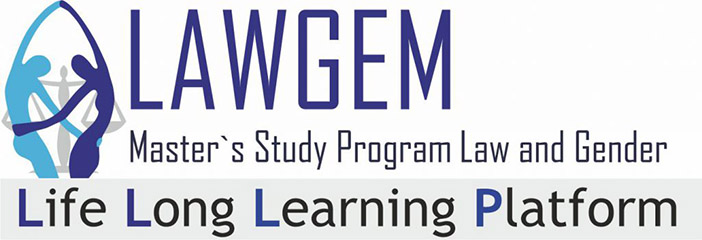On Friday, the 15th of April, 2022, the University of Belgrade Faculty of Law Club for Roman Law and Classics “Forvm Romanvm” hosted Dr Melina Rokai of the University of Belgrade Faculty of Philosophy with a lecture entitled „Constructing the ‘Other’ – from the Modern Age to the Middle Ages”. Dr. Rokai opened her lecture with an explanation of the term „imagology” and the way perceptions and stereotypes of other social groups are formed, stating that this category, which emerged in modern age research, is of late applied to medieval studies. She pointed out the stereotypes about other countries and the „other” as a foreigner as perhaps the most prominent ones, but she also underlined gender and religious stereotypes as significant, providing many examples – from the British travellers in the Balkans, through the Cathar trials in medieval France and the way their statements were taken during interrogation, and up to the stereotypes about the Irish held by the English people. She pointed out travel journals, letters, and newspaper articles as important sources for the creation of images, emphasizing their broad social and political influence and, of course, their influence on the fate of the individual. Using the image that the British travellers had of the Balkan women as an example, she showcased the techniques that influenced the creation of an image: temporalization (viewing the observed object as a thing of the past as compared to the observer), desexualization (presenting Balkan women as an antipode to the Victorian feminine ideal, sometimes as Amazons, and sometimes as unladylike workforce), Orientalization (comparing Balkan women as the archetypal Oriental temptresses) and victimization (the idea that the British man is saving the Balkan woman from the Ottoman troups because the Balkan man is unable to do so). After the lecture interesting discussion took place on the subject of the „other” in history, the perception of Balkan women and the Orientalism’s „romance of the unknown”, the relationship between the British and the Ottoman Empire, the role of literature in the construction of „other”, the position of women during the French revolution and the Serbian uprisings, etc.

